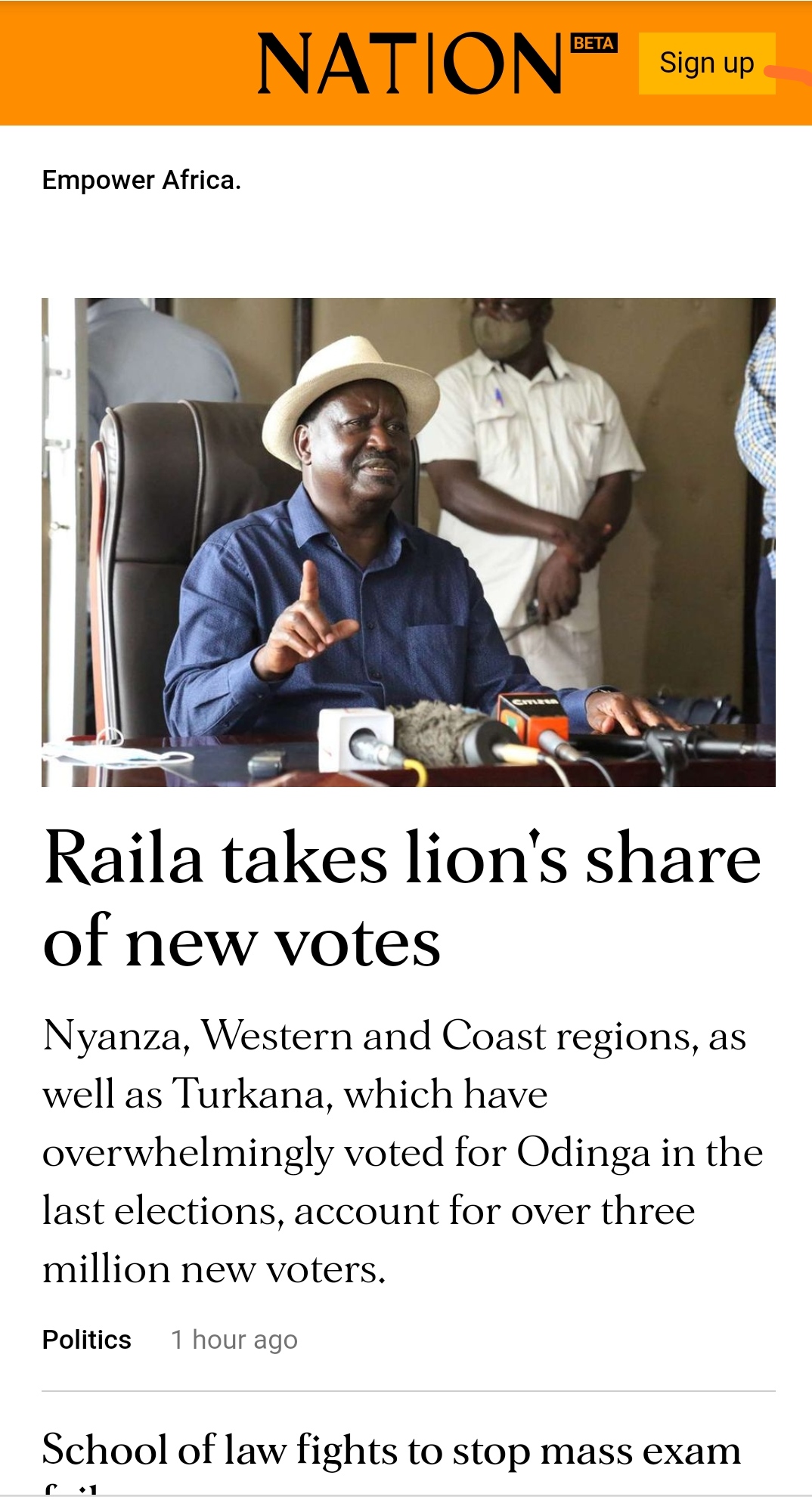You will in the near future be hit with a paywall when you visit any of Nation Media Group (NMG’s) digital platforms akin to when you consume content from The New York Times, The Financial Times or The Wall Street Journal.
NMG, one of the most admired brands in the region recently reported a Ksh375.2 million net loss for the half-year ended June 2020 on lower advertising spend and circulation volumes. The fall into negative territory is an isolated case as the company rarely reports losses meaning that the group is now exposed and needs to find a way back to profitability before the situation exercabates.
Even before the announcement of the financial results, the company had projected that legacy media (traditional media) is on the decline prompting a shift in strategy hence the launch of nation.africa from nation.co.ke.
The company’s management is well aware of the shift in consumption trends that have necessitated numerous restructurings and layoffs which have papered over the cracks but not offered a long-term solution and is now alive to the fact that something has to change.
Speaking during the launch of the company’s new digital brand on Friday, Group Chairman Wilfred Kiboro stated that the company has been working with experts from the New York Times, The Guardian and The Financial Times who boast of hordes of expertise in such a risky adventure having made simiar moves before and are now renown for independent journalism.
“The new digital brand will allow us to monetize our content. We will charge you for this content but it will be value for your money while we remain steadfast in delivering value for our shareholders,” said Kiboro.
Besides consulting on the editorial aspects, the company has tapped IT experts from the Nerthalands to re-engineer its websites to fit the direction that it wants to take hence the orange and white theme colours and the print background for its logo.
Why nation.africa not nation.co.ke?
Before digital disruption, the media industry was very lucrative and dished out millions in salaries while media companies could afford to have depth in their workforce.
Read>>>> Turning a New Page, NMG Officially Shifts to a Digital Media Company
That now seems like a distant dream now. The foreign media companies that NMG is seeking to emulate all transcended local audiences and are now global publications that are read by millions of people across the world.
The New York Times (NYT) for instance boasts of 5.7 million digital-only subscribers and 6.5 million subscribers overall across the world according to figures disclosed in May this year.
During the first quarter of 2020, the company netted 600,000 new digital subscribers.
In August 2020, NYT reported that its digital revenue had exceeded its print revenue for the first time in its history, as the company’s operating profit decreased to $28.8 million in the second quarter of 2020 from $37.9 million in the same period of 2019.
Media observers hold that NMG might have sensed that the East African audience alone will not be enough to achieve its goals hence the desire to shift to a more continental brand.
The NYT is able to charge one dollar per week for its basic subscription plan while the offer is sweetened for readers with longer subscriptions and with that in mind it makes sense why NMG is pursuing a continental audience.
Axe For The Better?
Speaking to Business Today during the same function, NMG Chief Executive Stephen Gitagama revealed that the company sacked 110 employees during its recent lay-off spree while dismissing the notion that the sackings will affect the quality of journalism that the company will produce.
“We appreciate that we lost some stalwarts and very exciting talent but we did what needed to be done in the best interests of the company and to safeguard its future. We carefully analyzed the implications of losing each of our now former employees and concluded that the company would be in better shape with a leaner team,” said Gitagama.
The Chief Executive is the business mind at the organisation hence his it is only natural that his tone would downplay the impact of compromising several editorial positions to cut on costs.
For instance, Francis Munywoki, the Former Nation Newspaper Division Managing Director,David Aduda, the Former Partnerships & Projects Manager and Long-Serving Education Editor and Ng’ang’a Mbugua, the Former Business Daily Managing Editor were all axed despite being key members of the print editorial team.
Ng’ang’a Mbugua for instance had been earmarked for the position by Editorial Director Mutuma Mathiu shortly after he was appointed.












Leave a comment